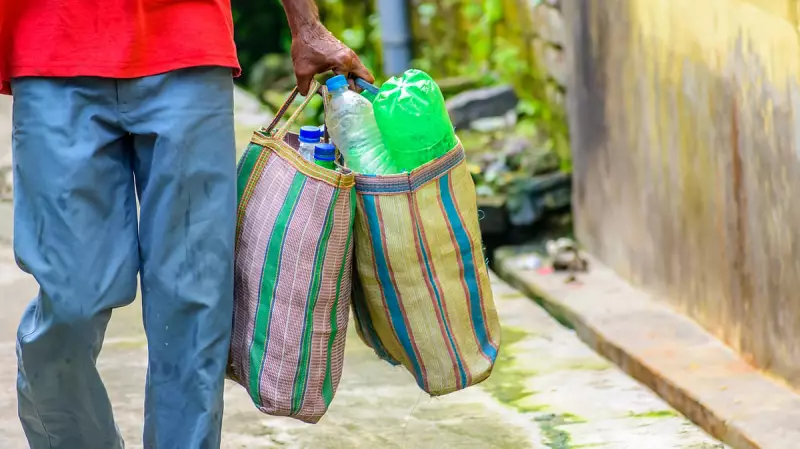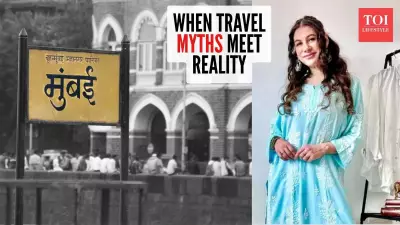
In an era where environmental consciousness has become a trending hashtag, India's ancient wisdom in sustainable living stands as a testament to our foresight as a civilization. As highlighted in recent commentary, our nation practiced eco-friendly living long before it became a global movement.
The Roots of Indian Frugality
India has always embodied the principles of conservation and mindful consumption through generations of traditional practices. From repairing and reusing household items to practicing water conservation methods that date back centuries, our cultural DNA is woven with sustainability.
The concept of 'jugaad' - finding innovative, low-cost solutions to complex problems - represents just one aspect of this indigenous genius. Our ancestors understood the value of resources in ways that modern society is only beginning to rediscover through environmental movements.
Traditional Practices Meet Modern Sustainability
Long before recycling became a municipal service, Indian households practiced upcycling as a way of life. Old saris transformed into quilts, glass jars repurposed as storage containers, and food waste converted into compost - these were not extraordinary acts but daily routines.
The publication date of November 17, 2025, marks a significant moment when we collectively recognize that our traditional knowledge systems hold valuable lessons for contemporary environmental challenges. As climate change accelerates, looking backward might provide our best way forward.
Reviving Our Environmental Heritage
Today's sustainability advocates could learn much from India's historical relationship with nature. Our festivals, agricultural practices, and even architectural traditions demonstrate deep ecological understanding that modern science continues to validate.
The timing of this recognition comes when the world needs it most. With global environmental crises escalating, India's frugal genius offers not just nostalgia but practical solutions for sustainable living that are both time-tested and urgently relevant.
As we move forward, the challenge lies in blending this ancestral wisdom with modern technology to create a truly sustainable future that honors both our past and our potential.





